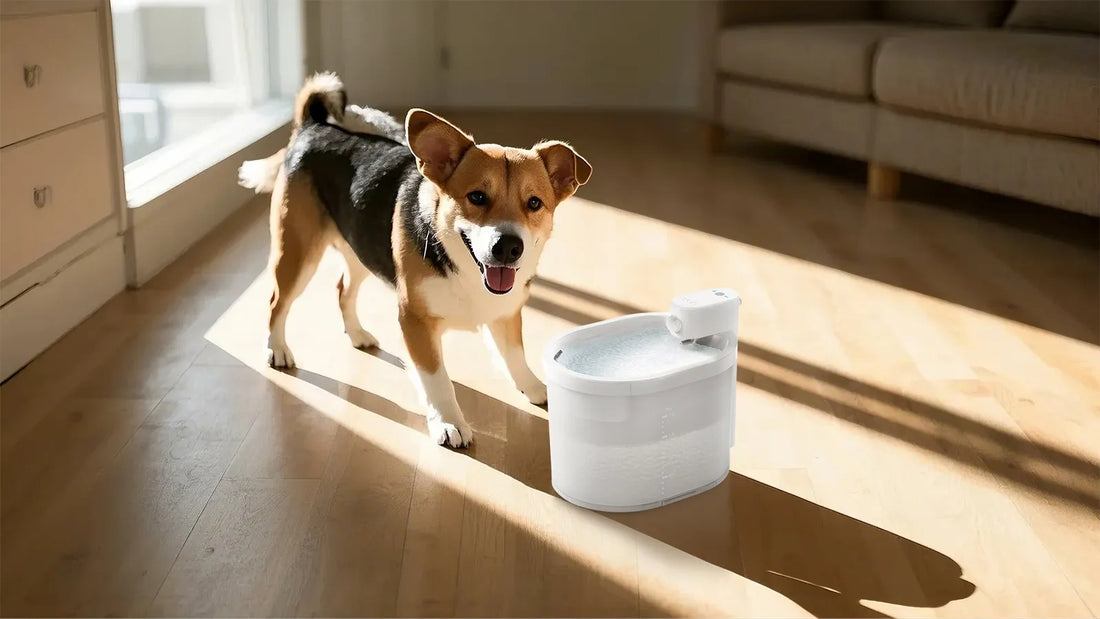Have you ever caught your cat drinking pool water and wondered why? While it might seem harmless, this behavior can pose serious risks to your feline friend. Understanding why cats are drawn to pool water and how to address this issue is essential for every cat owner.
Why Do Cats Drink Pool Water?
Cats are naturally curious creatures, and their attraction to pool water can stem from several factors. One reason is the novelty of the water source. Unlike their usual water bowl, pool water is often moving, which can pique their interest. Additionally, cats may be drawn to the cool temperature of the water, especially during hot weather.
Another factor is the presence of minerals or chemicals in the water. Cats have a keen sense of smell and taste, and they might detect something in the pool water that appeals to them. However, this doesn't mean it's safe for them to drink.
The Risks of Cats Drinking Pool Water
Pool water is treated with chemicals like chlorine to keep it clean and safe for humans. While these chemicals are effective at killing bacteria, they can be harmful to cats. Ingesting chlorine can cause gastrointestinal upset, including vomiting and diarrhea. In severe cases, it can lead to chemical burns in the mouth or throat.
Additionally, pool water may contain other contaminants, such as algae, bacteria, or debris, which can pose health risks to your cat. Even if the pool is well-maintained, it's not a safe drinking source for pets.
How to Prevent Your Cat from Drinking Pool Water
Keeping your cat away from the pool is the best way to prevent them from drinking the water. Here are some practical tips:
- Cover the Pool: Use a pool cover when the pool is not in use to block access.
- Provide Fresh Water: Ensure your cat always has access to clean, fresh water in a bowl or fountain.
- Supervise Outdoor Time: Keep an eye on your cat when they are outside near the pool.
- Create a Barrier: Install a fence or gate around the pool area to keep your cat out.
Signs Your Cat May Have Ingested Pool Water
If you suspect your cat has drunk pool water, watch for signs of illness. Symptoms may include:
- Vomiting or diarrhea
- Excessive drooling
- Lethargy or weakness
- Loss of appetite
If you notice any of these symptoms, contact your veterinarian immediately. Early intervention can prevent complications and ensure your cat receives the care they need.
Safe Alternatives for Hydrating Your Cat
To keep your cat hydrated and discourage them from drinking pool water, consider these alternatives:
- Cat Water Fountains: Many cats prefer running water, and a fountain can be an attractive option.
- Multiple Water Bowls: Place bowls in different areas of your home to encourage drinking.
- Wet Food: Incorporate wet food into your cat's diet, as it contains moisture and helps with hydration.
By providing safe and appealing water sources, you can reduce the likelihood of your cat seeking out pool water.
Understanding Your Cat's Hydration Needs
Cats have unique hydration needs, and ensuring they drink enough water is crucial for their health. Dehydration can lead to serious issues, such as urinary tract infections and kidney problems. Pay attention to your cat's drinking habits and make adjustments as needed to keep them hydrated and healthy.
Remember, pool water is not a safe option for your cat. By taking proactive steps, you can protect your feline friend and ensure they stay happy and hydrated.
Curious about more ways to keep your cat safe and healthy? Explore our tips and tricks for feline care and make your home a haven for your furry companion.













